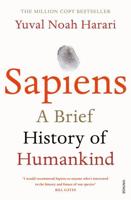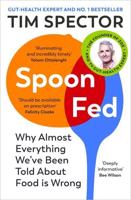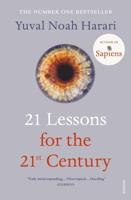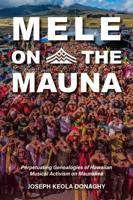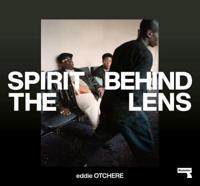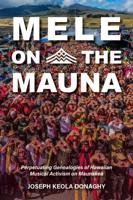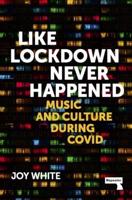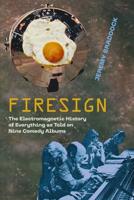Publisher's Synopsis
This edited collection takes the prompt "hope in crisis" as a starting point for investigating sound research as it is situated in these troubling times. The book brings together thinkers from numerous scholarly domains (i.e. communication studies, art education, creative art therapy, psychology and philosophy) to explore the question of hope as it relates to sonic research-creation practices in/and times of crisis. Some of the prompts and provocations explored by the authors within the collection include, but are not limited to: explorations of sonic research-creation practices as they are situated within contemporary convergence of crises; theoretical investigations of the concept of hope as it relates to sonic temporalities, ontologies, and epistemologies; articulations of experimental sonic pedagogies; examinations of hope as it plays out in institutional settings and/or sound and music scenes (i.e. music education, artistic communities, activist communities); investigations of experimental listening practices as they relate to contemporary crises; explorations of post-human, non-human, and inhuman sonic resonances in research-creation practices; and experimental practices that deploy sound and sonic approaches for emergent, collective research both within, but also outside of, academic institutions. Positioned as a material that holds the potential to frustrate common approaches to research, whether through its refusal of occularcentric perspectives, its leaky data protocols or its distortion of future horizons, sound is explored here as that which might counter the default refrains that have pushed hope itself into crisis. Importantly, while sound research is explored in this book in relation to hope, it is not offered up as a better way forward, nor is it presented as a solution. Sound research is instead posed as a question, with each author responding in their own way through experiments with the potentials, but also limits, of and for sonic practices. Central to the project, then, is the question of how to collectively and creatively respond to the increasingly difficult- even untenable-circumstances that have come to limit future possibilities, both within fields of research but also beyond, without falling back on the unquestioned assumption that hope alone will actualize a desired otherworld. The sound research gathered here experiments with such possibilities in order to grapple with how present conditions, including conditions for research, are always contingent-always already in trouble-and thus also subject to change both conceptually and materially.


